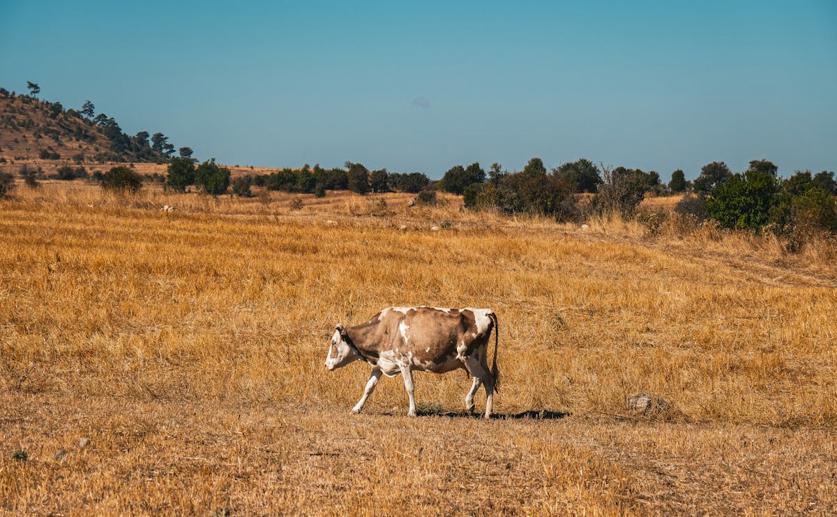
How Heat and Humidity Impact Dairy Cow Fertility and Milk Output
Jenn Hoskins
31st March, 2024

Image Source: Hüsna Kefelioğlu (photographer)
Key Findings
- Study conducted on Holstein and Montbeliarde dairy cattle in France
- Higher heat (THI) reduces milk yield but increases genetic variation in fertility
- Genetic traits for milk production and fertility are mildly to moderately antagonistic
GeneticsAgricultureAnimal Science
References
Main Study
1) Effect of temperature-humidity index on the evolution of trade-offs between fertility and production in dairy cattle
Published 29th March, 2024
https://doi.org/10.1186/s12711-024-00889-4
Related Studies
2) Invited review: Physiological and behavioral effects of heat stress in dairy cows.
3) The Impact of Heat Load on Cattle.
4) Effects of heat-stress on production in dairy cattle.
Journal: Journal of dairy science, Issue: Vol 86, Issue 6, Jun 2003
5) Causes of declining fertility in dairy cows during the warm season.



 30th March, 2024 | Jim Crocker
30th March, 2024 | Jim Crocker